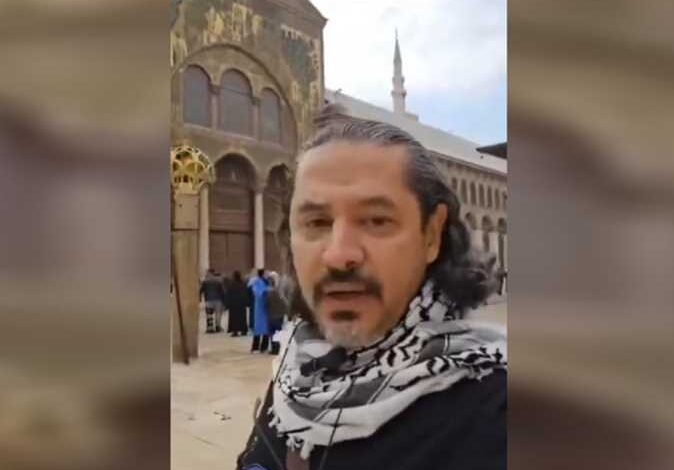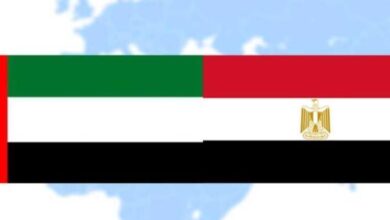
The United Arab Emirates announced on Thursday evening that it had received Abdul Rahman al-Qaradawi from Lebanese authorities, according to the official news agency.
The handover was made following a provisional arrest warrant issued by the General Secretariat of the Council of Arab Interior Ministers – Criminal Investigation and Data Bureau, at the request of the UAE authorities for committing acts that could incite and disrupt public security.
The decision to extradite al-Qaradawi was based on a extradition request submitted by the UAE’s central authority, represented by the Ministry of Justice, to the central authority of the Republic of Lebanon, in accordance with the principle of reciprocity and the national laws and regulations of both countries.
The UAE has affirmed its firm stance against anyone who threatens its security and stability and has vowed to pursue wanted individuals and take legal action against them.
Lebanese state news agency reported on Tuesday evening that the Lebanese Cabinet had decided to deport Abdul Rahman Yusuf al-Qaradawi to the UAE.
Al-Qaradawi was arrested upon his return from Syria at the Masnaa border crossing, following an Interpol red notice. He had previously entered Lebanon through Beirut airport using his Turkish passport and traveled to Syria.
Regarding the reasons behind Lebanon’s decision to deport Abdul Rahman Yusuf al-Qaradawi to the United Arab Emirates, the French news agency AFP reported on January 2nd, a few days after Qaradawi’s arrest, that Lebanon had received a file from the UAE requesting his extradition and prosecution based on a video he recorded during his visit to the Umayyad Mosque in Damascus. The video allegedly contained “incitement against the UAE and destabilization of the country.”
According to the same source, Qaradawi was interrogated in the presence of his lawyer regarding the extradition file received from the UAE.



